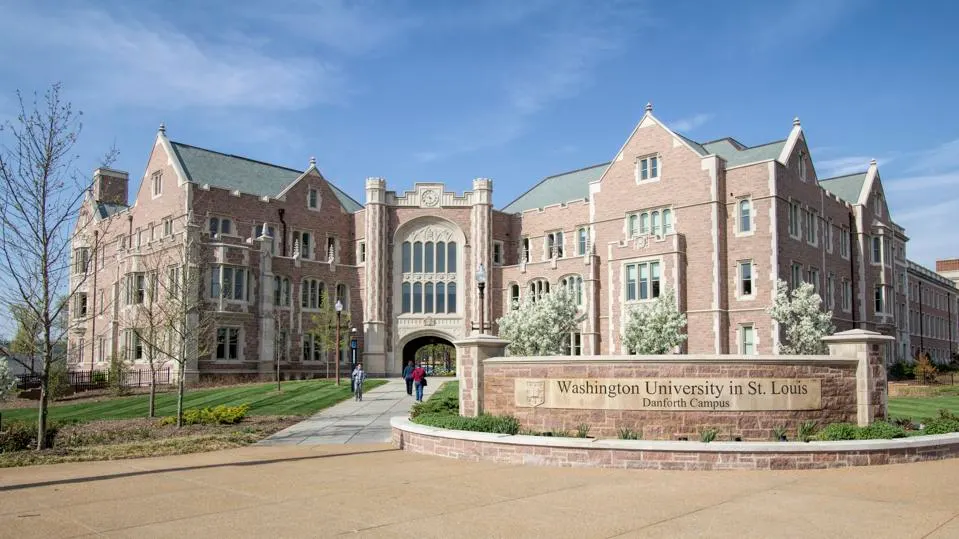$50 Million Donations Propel Medical Advancements at Duke and Washington University

This week, both Duke University and Washington University in St. Louis received transformative donations of $50 million each, aimed at advancing care and research in their respective medical institutions. These contributions will foster innovative treatments and cutting-edge research, strengthening the universities’ commitment to improving healthcare and saving lives.
On December 11, Duke University made history with the announcement of the largest private donation ever received by its health system. An anonymous $50 million gift will fund the establishment of a proton beam therapy center at the Duke University Health System. Proton therapy, a precise form of radiation therapy, targets tumors with minimal damage to surrounding healthy tissue, making it an ideal alternative to traditional radiation treatments. The Duke Proton Center, set to open in 2029, will treat around 800 cancer patients annually, offering new hope for patients with cancers such as prostate, breast, gliomas, and meningiomas.
Vincent E. Price, president of Duke University, expressed his deep gratitude for the donation, which he described as transformative. He emphasized that it would significantly enhance the care of cancer patients not only in North Carolina but across the region. Michael Kastan, a leading figure in Duke’s medical research, noted that the proton therapy center would open up new possibilities for cancer treatment, particularly for tumors in sensitive areas like the brain, spinal cord, or prostate. The precision of proton therapy also makes it ideal for pediatric cancer patients, whose developing bodies are more vulnerable to radiation damage. This gift marks a significant step forward in advancing medical research and patient care at Duke University.
On December 12, Washington University in St. Louis announced a landmark $50 million gift from Andrew and Barbara Taylor to its neurosurgery department. In recognition of their generosity, the department will be named the Taylor Family Department of Neurosurgery. The donation will fund numerous initiatives in neurosurgery, including research in neurotechnology, brain tumor treatments, and spinal surgeries. The Taylor family’s gift will enhance the department’s infrastructure, already one of the top recipients of National Institutes of Health funding, and allow it to recruit leading neurosurgeons and researchers.
Chancellor Andrew D. Martin praised the Taylors for catalyzing a new wave of scientific discovery and compassionate healing at WashU Medicine. The donation will also support the development of residency and fellowship programs, ensuring that future generations of neurosurgeons are equipped to tackle complex challenges in brain and spinal surgery. The Taylor family’s contribution comes at a pivotal time for the department, which is already a leader in neurosurgery innovation. The gift will fuel further research efforts aimed at improving patient outcomes and potentially leading to groundbreaking treatments in the field.
The donations to Duke and Washington University exemplify the vital role of private philanthropy in advancing healthcare. These gifts will not only impact the current generation of patients but also lay the groundwork for future breakthroughs in cancer and neurological treatments. In a time when healthcare systems must adapt to rapidly changing medical landscapes, philanthropic contributions like these are critical for pushing the boundaries of what is possible in medical science.
The generous gifts to Duke and Washington University are a testament to the power of collaboration between donors, academic institutions, and healthcare providers. These donations do more than address immediate needs—they represent a long-term investment in the future of medicine and patient care. As these ambitious projects come to fruition, they set a new standard for innovation and care in the fight against cancer and neurological disorders, positioning both institutions as leaders in the ongoing pursuit of medical advancement.



